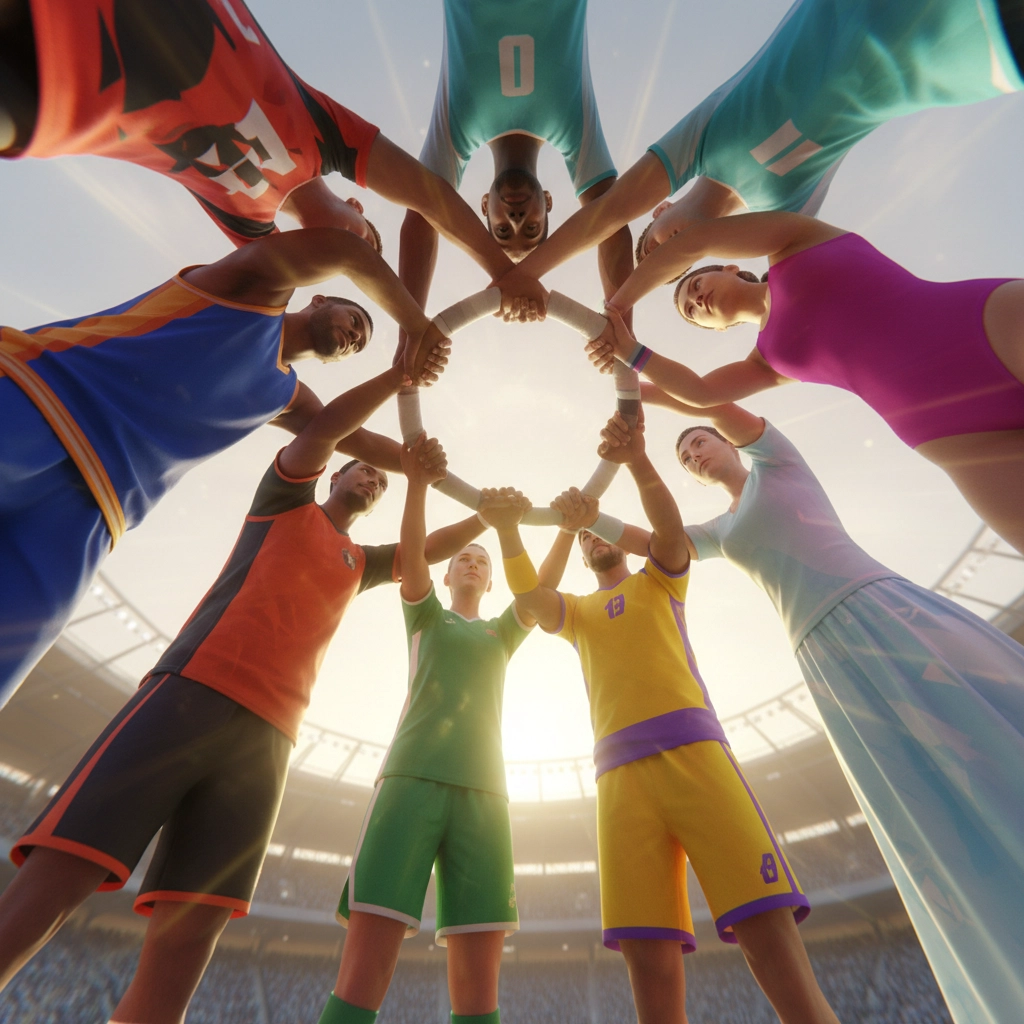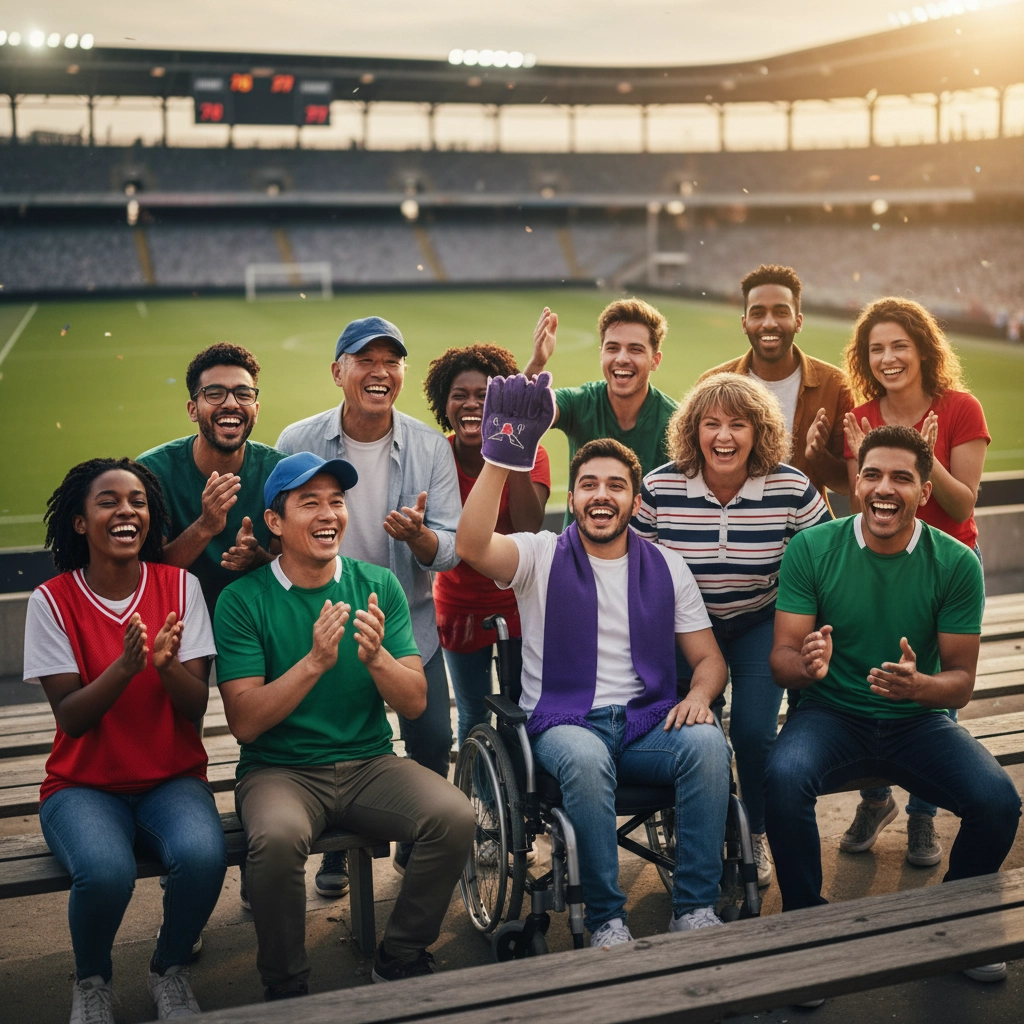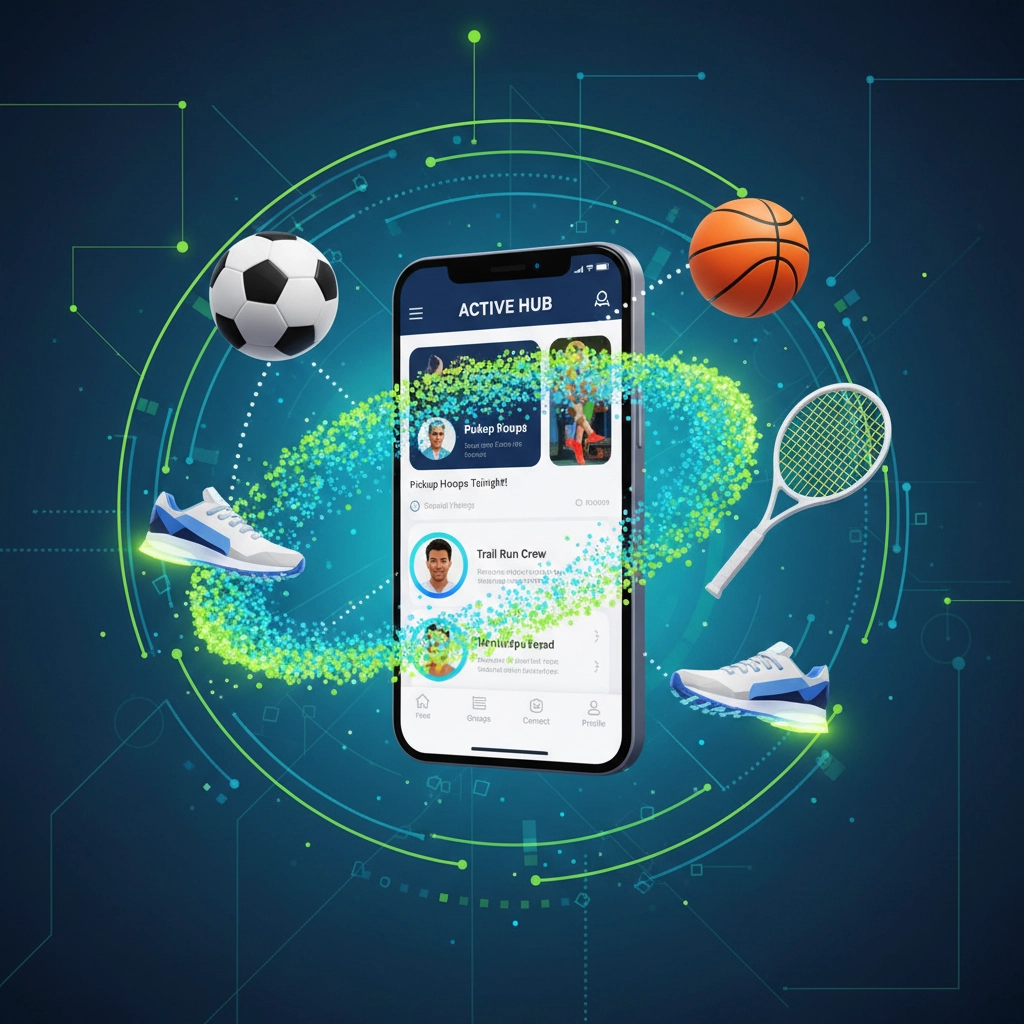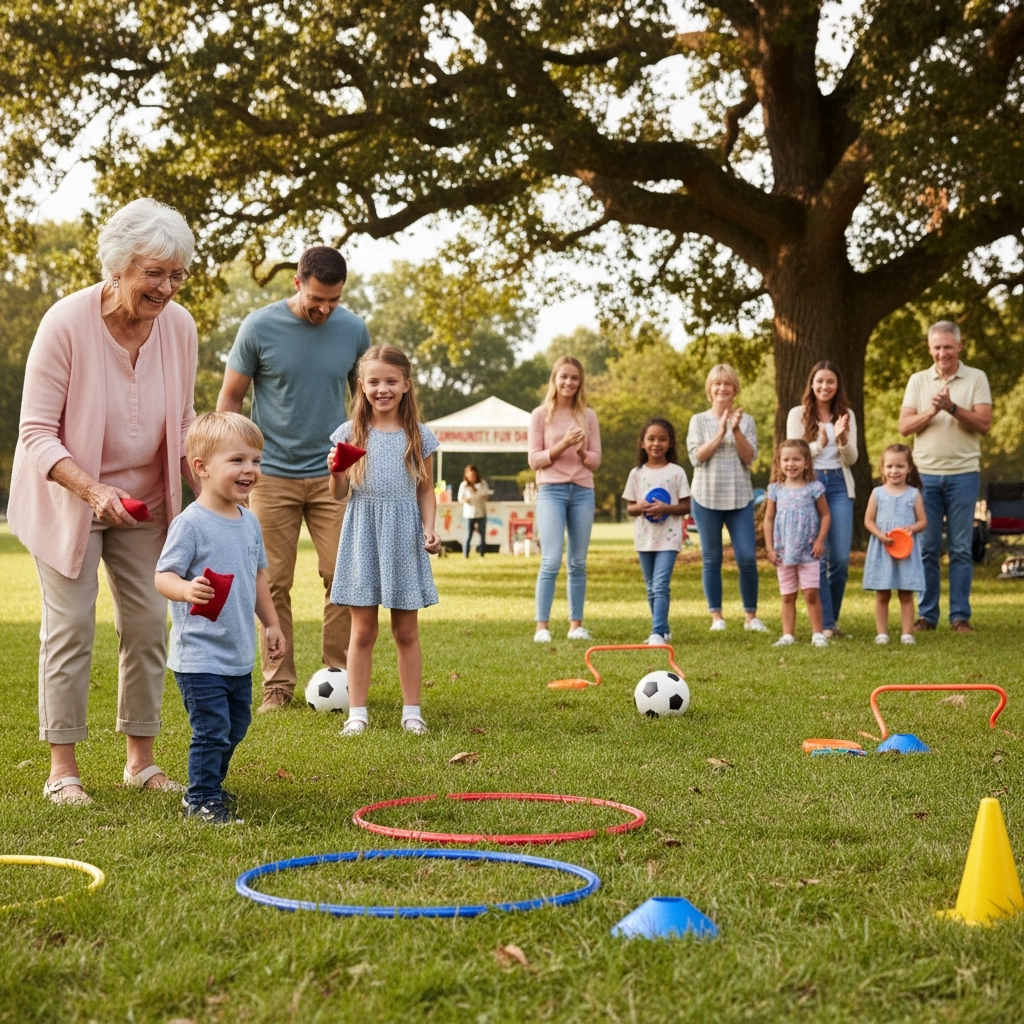Sports participation creates structured environments where lasting friendships develop through shared experiences, regular interaction, and mutual dependence. The mechanisms that facilitate these connections extend beyond casual social interactions, establishing bonds that persist through various life circumstances.
The Foundation of Sports-Based Friendships
Sports friendships form through consistent time investment and shared goal pursuit. Athletes spend extensive periods together during practice sessions, competitions, travel, and team activities. This concentrated interaction creates multiple touchpoints for relationship development, unlike brief social encounters that may lack depth or continuity.
The physical activity component releases endorphins that create positive emotional associations between participants. These biochemical responses strengthen interpersonal connections during shared athletic experiences. The combination of regular contact and positive emotional states provides optimal conditions for friendship formation.

Team environments require collaboration toward common objectives. Players develop interdependence through strategic coordination, skill development, and performance accountability. This mutual reliance creates trust networks where individual success connects directly to group achievement. Teammates learn to depend on each other's commitment, effort, and reliability in both competitive and practice settings.
Breaking Social Barriers Through Athletics
Sports participation functions as an equalizer across demographic boundaries. Socioeconomic status, cultural background, and social hierarchies become secondary to athletic performance and team contribution. Shared passion for specific sports creates common ground that bridges differences typically preventing friendship formation in other social contexts.
The competitive environment emphasizes merit-based relationships where effort and skill determine social standing within the group. These dynamics allow connections to develop naturally among diverse participants who might not interact in other settings. The focus on collective achievement reduces individual social pressures that often interfere with authentic relationship building.
Digital Community Integration
Modern sports communities extend beyond physical team boundaries through digital platforms designed for athlete connection. Fanz provides infrastructure for sports enthusiasts to maintain relationships initiated through athletic participation. The platform enables continuous communication between teammates, opponents, and fans across geographic and temporal boundaries.
Digital community features allow users to document shared experiences, coordinate future activities, and maintain contact during off-seasons or life transitions. These tools strengthen existing sports friendships while facilitating new connections based on athletic interests and geographic proximity.

Age-Specific Friendship Development
Youth Athletes
Children benefit from adult guidance in navigating team social dynamics. Coaches and parents influence friendship formation through team culture establishment, conflict resolution, and inclusive practice implementation. Positive adult involvement creates environments where new team members integrate successfully and existing relationships strengthen.
Youth sports provide structured social interaction that complements school-based friendships. Having connections across multiple social groups offers emotional stability when relationships in one context experience strain. Sports friendships often provide refuge during academic or family difficulties.
Adult Participants
Adult recreational leagues offer structured opportunities for meeting like-minded individuals despite busy professional and family schedules. Regular participation creates sustainable social commitments that accommodate adult time constraints while providing consistent interaction opportunities.
Adult sports friendships frequently extend into other life areas, creating support networks for professional challenges, family issues, and personal goals. These relationships develop substance beyond athletic performance, encompassing broader life circumstances and mutual assistance.
Community Building Features
Effective sports platforms incorporate features that support long-term relationship maintenance. Communication tools, event coordination systems, and shared content creation enable users to sustain connections initiated through athletic participation. These features address common challenges in maintaining sports friendships, including schedule coordination and distance separation.
Community building requires systematic approaches to member engagement. Regular communication prompts, milestone recognition, and collaborative content creation maintain active participation levels. These elements prevent relationship deterioration that occurs when sports participation ends or geographic separation occurs.

Real-World Implementation
Successful sports friendship development requires intentional community design. Teams that prioritize relationship building through structured social activities report higher retention rates and stronger member satisfaction. Regular team dinners, group outings, and collaborative goal setting create additional bonding opportunities beyond athletic training.
Technology integration supports these offline relationship building efforts. Mobile applications enable continuous communication, photo sharing, and event coordination that maintain connection momentum between in-person meetings. Digital tools complement rather than replace face-to-face interaction, providing infrastructure for sustained relationship maintenance.
Long-Term Relationship Sustainability
Sports friendships demonstrate remarkable durability compared to relationships formed in other contexts. The shared experience foundation creates lasting bonds that persist through life changes, geographic relocation, and evolving personal circumstances. These relationships often provide consistent support networks decades after initial athletic participation.
The trust and communication skills developed through team athletics transfer to other relationship contexts. Individuals who form strong sports friendships often report improved social skills and relationship satisfaction in professional, romantic, and family relationships. The collaborative problem-solving and conflict resolution abilities developed through team participation enhance overall social competence.
Platform Features for Friendship Enhancement
Modern sports platforms incorporate specific features designed to strengthen existing relationships and facilitate new connections. Group chat functionality, event planning tools, and shared achievement tracking create multiple engagement opportunities for community members.

User profiles highlighting athletic interests, skill levels, and geographic location enable targeted connection recommendations. Algorithm-based matching systems suggest potential friendships based on compatible interests, proximity, and participation patterns. These tools expand social networks beyond immediate team boundaries while maintaining focus on sports-related connections.
Measuring Friendship Development Success
Effective sports communities track relationship development through engagement metrics, retention rates, and user satisfaction surveys. Active communication frequency, event attendance, and cross-platform interaction indicate strong friendship formation within the community.
Long-term success measures include relationship persistence after athletic participation ends, expansion of connections beyond sports contexts, and positive user testimonials regarding friendship quality. These indicators demonstrate platform effectiveness in facilitating lasting relationship development.
The systematic approach to sports friendship building requires understanding the underlying mechanisms that create strong interpersonal bonds. Shared experiences, mutual dependence, regular interaction, and supportive community infrastructure combine to produce relationships that extend far beyond athletic performance. Digital platforms that incorporate these elements create environments where lasting friendships develop naturally through structured sports participation.
Modern technology enables sports communities to maintain connections across time and distance while preserving the authentic relationship foundation established through shared athletic experiences. The integration of digital tools with traditional team building approaches creates comprehensive systems for lasting friendship development in sports contexts.
